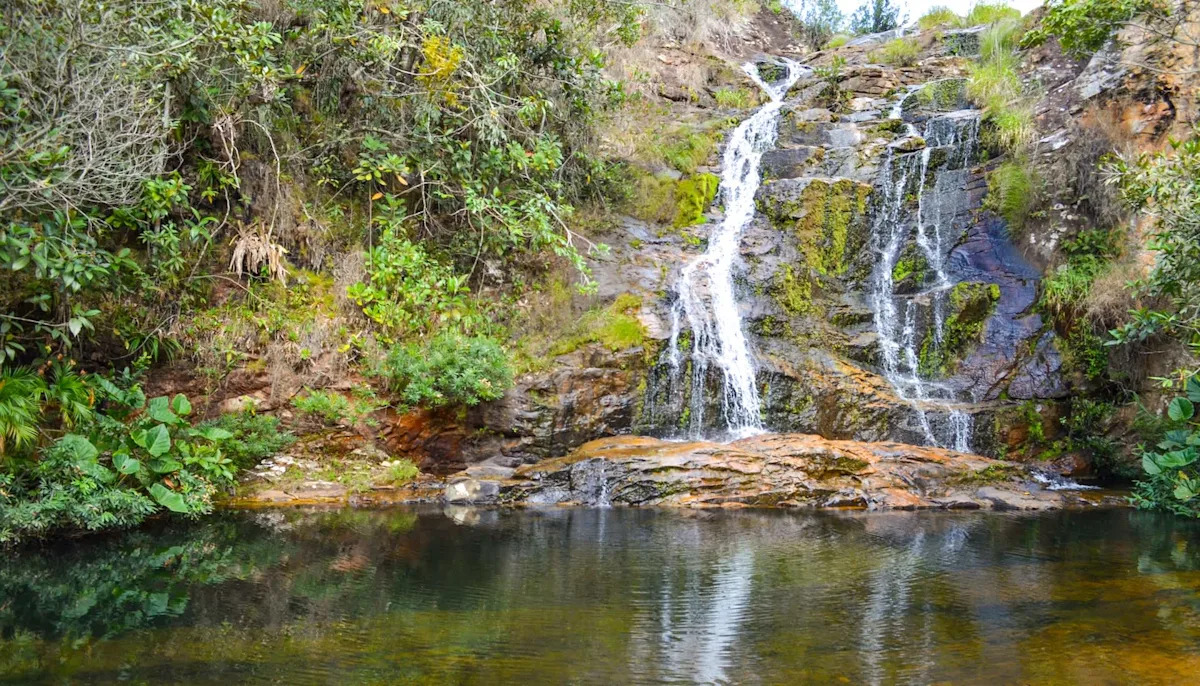A recently released video shows stunning behavior by a cluster of rare fish. It’s the first time the species has ever been observed in such a large group.
In November 2024, military police in Brazil spotted a school of bumblebee catfish scaling slippery rocks behind waterfalls standing between 1 and 4 meters high, according to Phys.org. A team of scientists came a week later to observe the unique sight, capturing it on camera.
Researchers aren’t exactly sure why the fish were swimming upstream, but they suspect it may be related to reproduction. They observed both male and female fish, mostly mature, as well as three other species.
“These findings highlight the importance of field observations in understanding small migratory fishes’ ecological role and conservation needs, particularly in the context of potential threats posed by habitat fragmentation and river damming,” said the researchers, per Phys.org.
Field observation is a vital part of animal conservation. Scientists can learn a lot from simple videos and photos. They often share incredible findings with the public, as with this case. Some set up live cameras, such as the Hilton Head Island Land Trust’s eagle cam, so anyone with an internet connection can witness the scientific discovery.
While humans have always been interested in animal behavior, the actual study of it is relatively new, dating back only to the 1930s. Understanding animal behavior is critical to the conservation of all species but especially endangered ones.
Humans rely on animals for their existence. They’re not only a food source but also a source of labor. They’re also an environmental indicator. While endangered species may seem to contribute little to human welfare, their risk level can indicate factors within an ecosystem that negatively affect humans or animals that directly support them.
Entertaining as this video is, it also serves as an important reminder that fieldwork is crucial to animal conservation. Sustaining endangered species is an essential step in maintaining a world where humans can thrive.
Join our free newsletter for good news and useful tips, and don’t miss this cool list of easy ways to help yourself while helping the planet.

